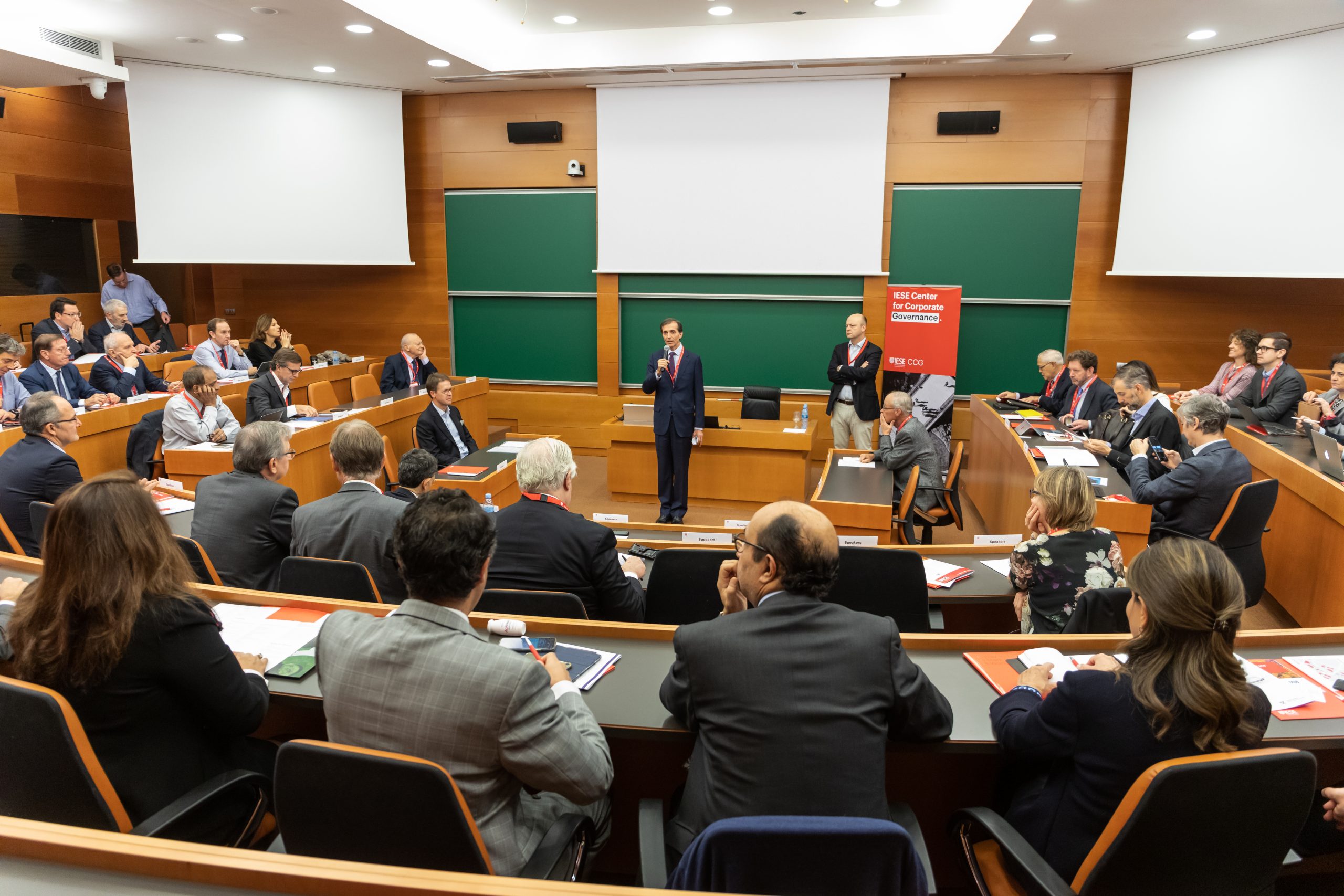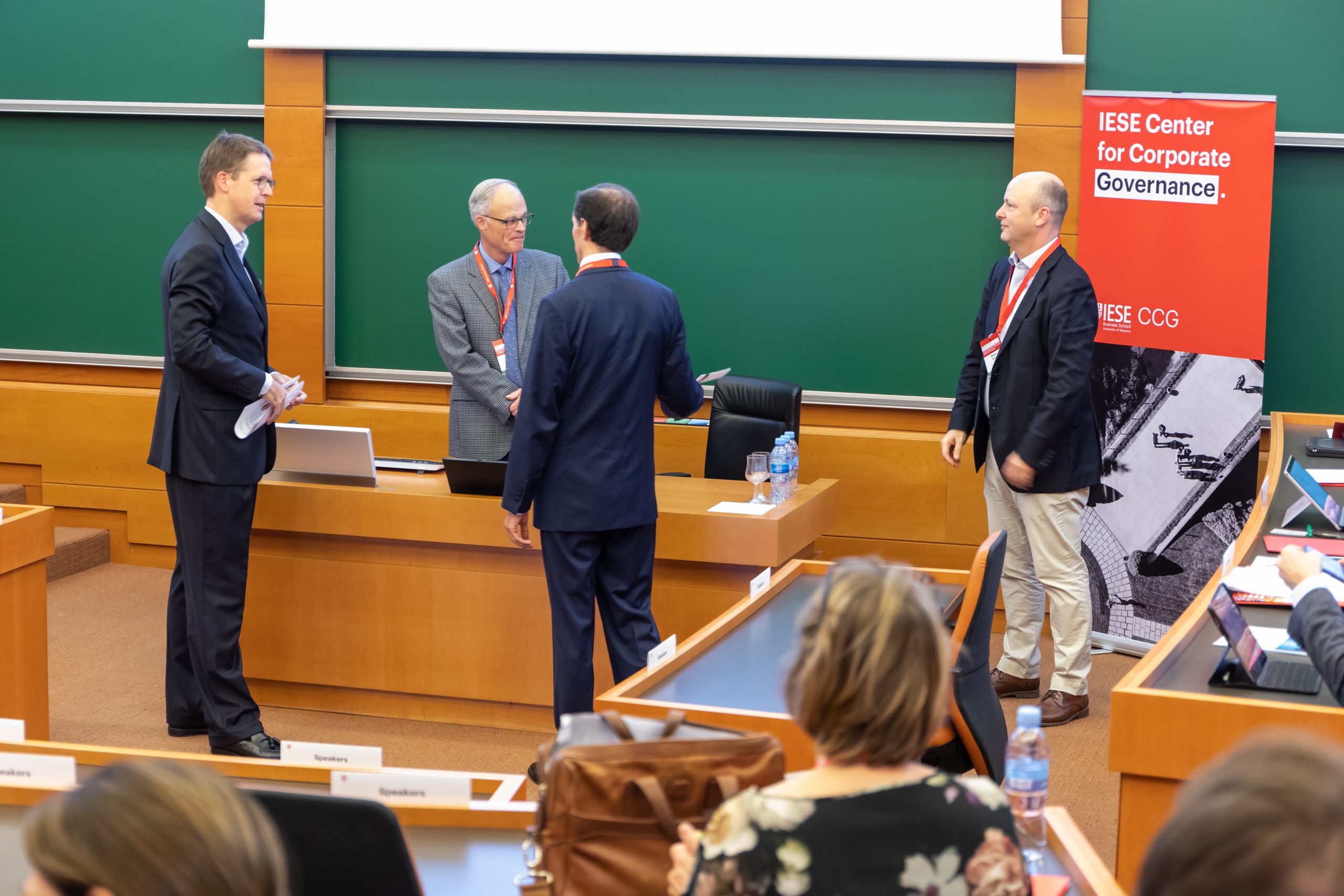The fact is that ownership around the world in the twentieth century changed in many large countries, has become more heterogeneous and diverse than what is assumed in many studies, and its evolution is shaped by a diversity of factors, such as domestic taxation and regulation, capital markets and different management and business practices.
Understanding that ownership is heterogeneous and diverse has implications on how companies are governed. It is also critical for the improvement of corporate governance at the corporate level and the government’s regulatory activity. In the end, it has an impact on companies’ survival and long-term development –many firms that didn’t survive encountered problems with their own shareholders and their commitment.
This Conference offered a context to reflect upon and better understand how the different nature of shareholders have an impact on the way companies are governed and managed, and, eventually, on some key decisions that define corporate governance –like board composition, board dynamics, CEO hiring and firing, strategy making and incentives design.
The event, financed by STI, was organized jointly by IESE’s Center for Corporate Governance (CCG) and the European Corporate Governance Institute (ECGI). Further information about these centers is available on CCG’s conference webpage, as are links to download individual presentations.
Watch a video summary here.

















